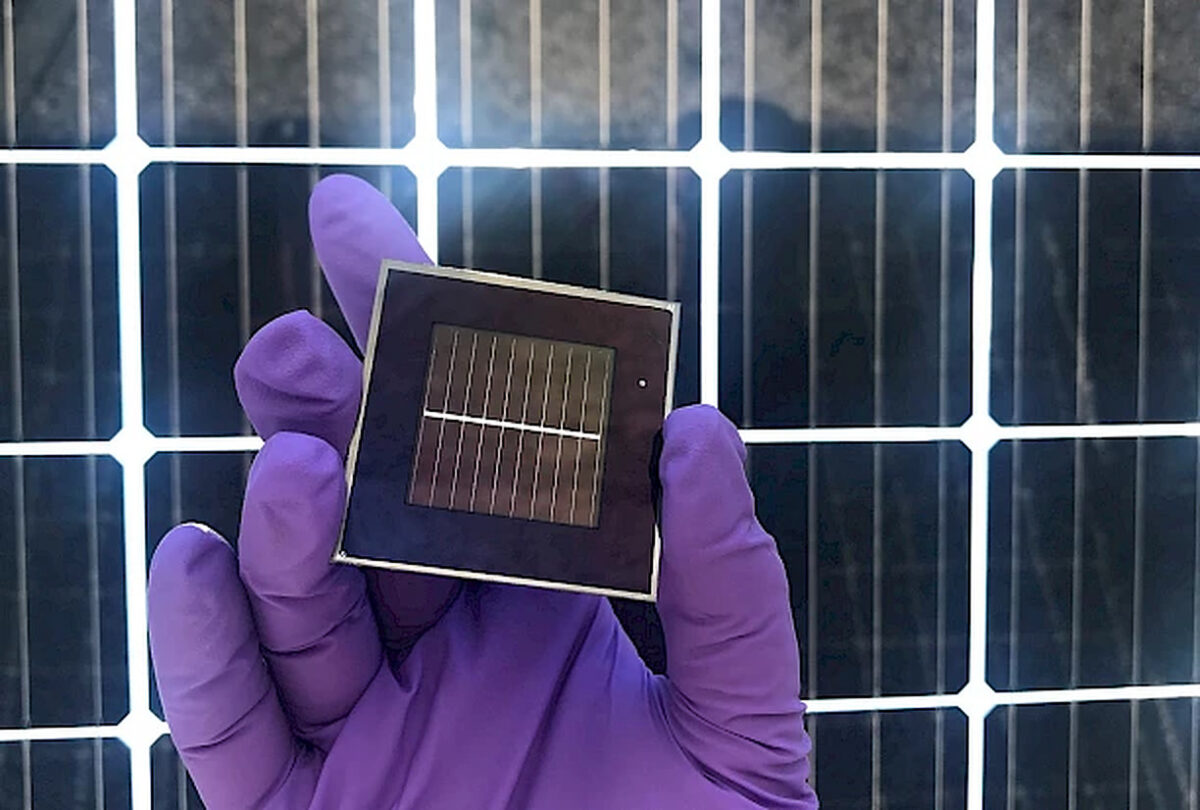Researchers at France's National Solar Energy Institute (INES) – a division of the French Alternative Energies and Atomic Energy Commission (CEA) – and Italian renewables specialist Enel Green Power claim to have achieved a power conversion efficiency of 28.4% for a two-terminal tandem perovskite-silicon solar cell.
The European Solar Test Installation of the European Commission’s Joint Research Centre (JRC) certified the result.
“Like the previous performance record, the device has an active surface area of around 9 cm² and an open-circuit voltage of over 1900 mV,” CEA-INES said in a statement. “Most of the efficiency records published internationally are for surfaces of 1cm².”
The scientists said the new result improves on the 27.1% efficiency they achieved for the same kind of cell in June.
“Our research teams are focused on simultaneously seeking the best efficiency and stability over time, on larger surfaces, to demonstrate the feasibility of industrialization as soon as possible,” the statement reads.
Popular content
CEA-INES did not reveal any additional technical details.
Enel Green Power through its unit 3Sun is betting on an n-type heterojunction (HJT) cell with an efficiency of 25.5% for its new 3 GW solar module factory now under construction in Catania, southern Italy. It recently said this could result in module efficiencies above 24%.
From 2026, Enel Green Power plans to offer even more efficient solar modules based on tandem silicon-perovskite cells. The final products will reportedly reach efficiencies of around 30%.
CEA-INES and Enel Green Power have jointly developed DC/DC maximum power point trackers (MPPT). They are also working on high-efficiency bifacial PV panels. In addition, they achieved a power conversion efficiency rating of 24.47% for a gallium-doped p-type heterojunction silicon solar cell in March 2022.
This content is protected by copyright and may not be reused. If you want to cooperate with us and would like to reuse some of our content, please contact: editors@pv-magazine.com.



It does not matter the efficiency rating, it’s the cost per watt is the important factor.